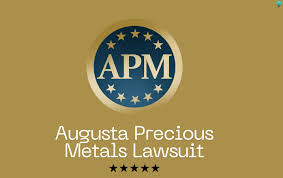MEETING THE MEANS TEST REQUIREMENTS FOR CHAPTER 7 INVOLVEMENT
You may have thought about Chapter 7 bankruptcy if you’re drowning in debt that you can’t seem to get out from under. In the event of a successful claim, the debtor’s nonexempt assets will be sold to cover the costs of the litigation. In return, the bankruptcy court will wipe off all or most of your debt. But, Chapter 7 bankruptcy cannot be filed by someone who does not qualify. In order to qualify, you will need to demonstrate that your income is below a specified threshold, or “means test.”
Guidelines for Passing the Means Test and Filing for Chapter 7 Bankruptcy
There was a time when Chapter 7 bankruptcies did not involve a means test. However, the Bankruptcy Protection Act was not enacted by Congress until 2005. (BAPCPA). Debtors must first demonstrate financial hardship to qualify for Chapter 7 bankruptcy under this law. To qualify for Chapter 7 bankruptcy in Florida, you must establish your income below the state’s median income level.
Determining if you meet the Chapter 7 bankruptcy filing requirements is not simple. How many people you have living in your home and how much money you bring in, are major factors in this question. One-person households with an annual income of $40,000 may not qualify, whereas a three-person family with the same income level may.
Orlando bankruptcy attorneys can help you determine if Chapter 7 Business Bankruptcy is right for you by explaining the legislation and how it applies to your situation.
Is Chapter 7 Bankruptcy Not an Option? What to Do
You can feel hopeless if you find out that your salary is too high for Chapter 7 bankruptcy protection. To our relief, this is not the situation. Instead of filing for Chapter 7 bankruptcy if you don’t qualify, consider Chapter 13 bankruptcy.
In Chapter 13 bankruptcy, you can repay your debts to creditors over time rather than having them all liquidated immediately. A bankruptcy trustee will instead work with you to create a repayment plan and reorganise your debts to make them more manageable. It takes three to five years to pay it back on average. Under Chapter 13 bankruptcy, there is no requirement for proof of income or means meeting. When filing for Chapter 13 bankruptcy, you can still get the relief you need because a large portion of your debt may be discharged.

